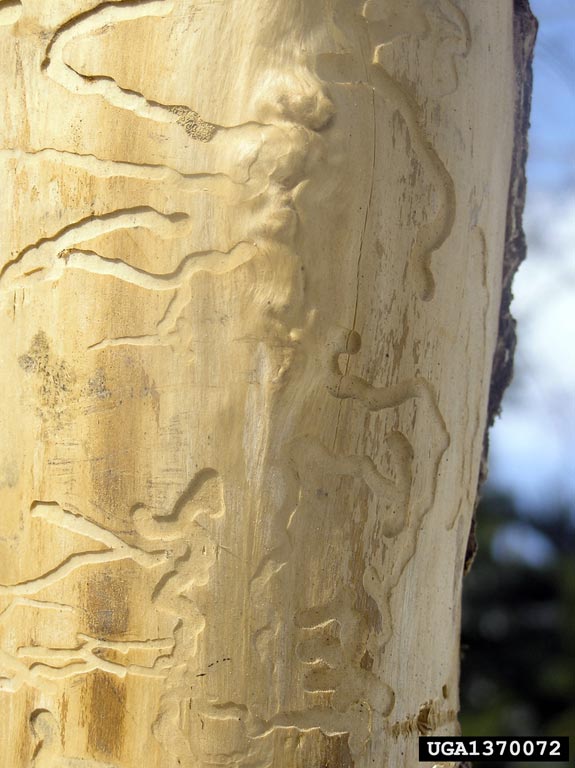For home gardeners there are three primary types of cuttings.
Cannabis hardwood semi hardwood softwood.
The plant material is between the softwood and woody stage.
Softwood plants are needle leafed trees like pines and firs.
Almost all perennial and shrubby plants can be propagated from cuttings.
Cuttings can be rooted at every stage of active plant growth offering different pros and cons in each phase.
The most successful plants suitable for cutting propagation include mint dill rosemary lavender.
Classifying wood as either a hardwood or softwood comes down to its physical structure and makeup and so it is overly simple to think of hardwoods as being hard and durable compared to soft and workable softwoods.
Hardwood cuttings should only be taken from plants or trees that lose their leaves unlike evergreens which can have a semi hardwood cutting.
This happens to be generally true but there are exceptions such as in the cases of wood from yew trees a softwood that is relatively hard and wood from balsa trees a.
Hardwood late summer and fall after the spring herbaceous stage new plant stems begin to toughen up and that s the softwood stage.
A semi hardwood cutting grows tree roots in approximately four to six weeks.
A similar method to that used to take softwood cuttings is used for semi hardwood cuttings.
If cannabis was a wood producing plant it would be a hardwood because it s a broadleaf plant.
One of the most rewarding things about gardening is propagating new plants from cuttings you take from a healthy parent plant.
Propagated bougainvillea growing in a pot.
Softwood semi hardwood and hardwood depending on the growth stage of the plant.
A hardwood cutting has less chance of success than a semi hardwood cutting and takes six months or longer to produce roots.
Softwood starting to toughen up semi ripe or semi hardwood.

